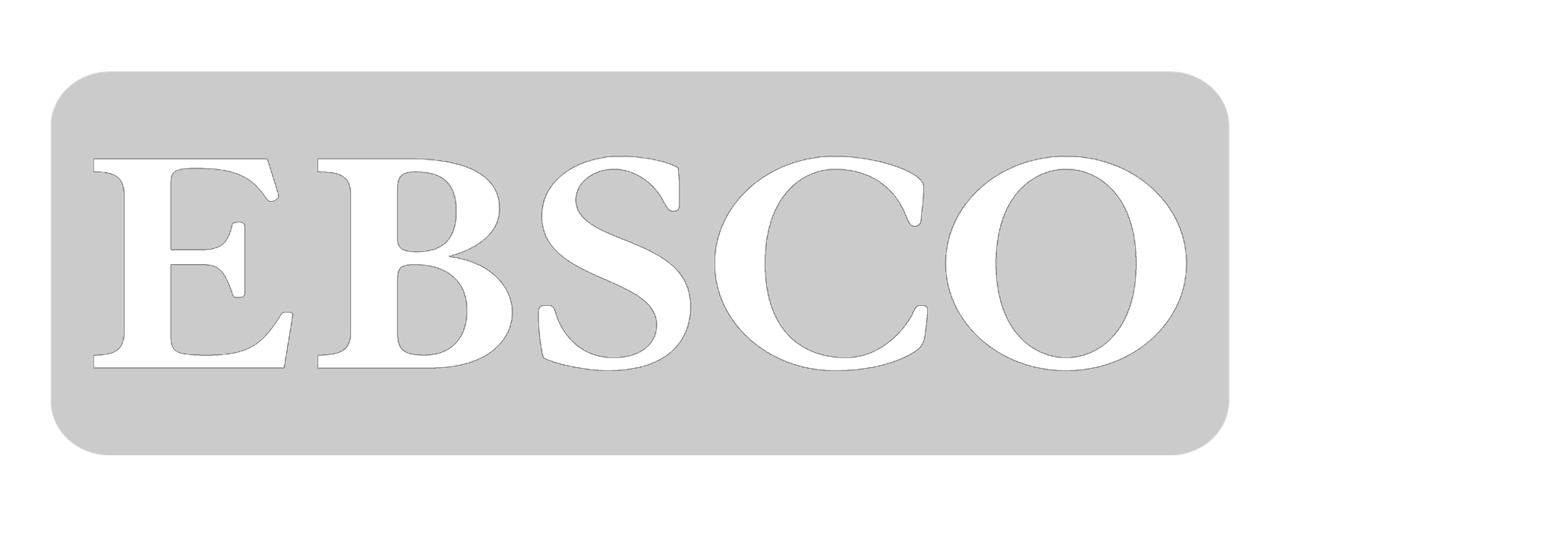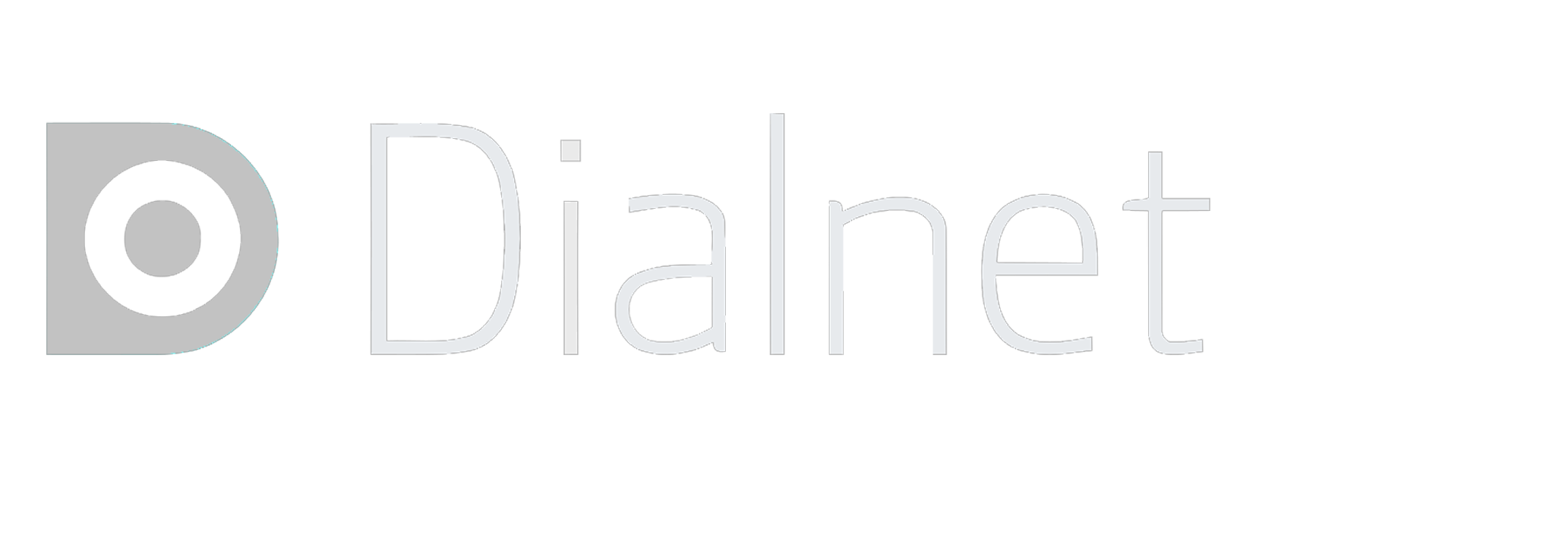El Saber Experto en el Debate sobre la Nueva Constitución en Chile
Análisis Reticular de la Presencia de los Think Tanks en los Medios de Comunicación
Palabras clave:
Think Tanks, Nueva constitución, Media, Redes Sociales, Análisis de mediosResumen
Las sociedades democráticas actualmente sostienen muchas de sus decisiones políticas desde el saber experto y, en varias ocasiones, este es elaborado desde los Think Tanks (TT). Aunque las impugnaciones políticas que acompañaron al estallido social han implicado un cuestionamiento al saber experto, el proceso constituyente ha revitalizado su legitimidad pública gracias a la demanda por los conocimientos técnicos y relatos sociales que orientan el debate público. En este marco, los TT han concentrado niveles
altos de centralidad en los debates del proceso constituyente, sea a través de la presencia directa de constituyentes provenientes de estos centros o por medio de la intervención
sistemática en los medios de comunicación. Este artículo analiza la estrecha relación entre los TT y los principales medios de comunicación. Mediante el rastreo censal de las
diversas intervenciones de personeros asociados a los TT en medios y con el análisis de redes sociales, se mapea el comportamiento de este particular ecosistema que evidencia
los niveles de diversidad y prominencia de actores (individuales y TT). Además, las principales centralidades, densidades e intermediaciones en estas interacciones dependen del tipo de medio y muestran que existe diversidad en el consumo de saber experto en este ecosistema. Finalmente, también presentamos cómo dichos personeros fueron distribuyendo contenido que configuraron encuadres exitosos para orientar el debate sobre la Nueva Constitución.
Publicado
Cómo citar
Número
Sección
Licencia
Derechos de autor 2023 Revista Signos. Estudios de Lingüística

Esta obra está bajo una licencia internacional Creative Commons Atribución 4.0.
Aquellos autores que tengan publicaciones con esta revista, aceptan los términos siguientes:
- Los autores conservarán sus derechos de autor y garantizarán a la revista el derecho de primera publicación de su obra por medio de este documento de cesión de derechos de autoría, el cuál estará simultáneamente sujeto a la licencia de reconocimiento de Creative Commons que permite a terceros compartir la obra siempre que se indique su autor y su primera publicación esta revista.
- Los autores podrán adoptar otros acuerdos de licencia no exclusiva de distribución de la versión de la obra publicada (p. ej.: depositarla en un repositorio institucional o publicarla en un volumen monográfico) siempre que se indique la publicación inicial en esta revista.
- Se permite y recomienda a los autores difundir su obra a través de Internet (p. ej.: en publicaciones institucionales o en su página web) antes y durante el proceso de envío, lo cual puede producir intercambios interesantes y aumentar las citas de la obra publicada. (Véase el efecto del acceso abierto).



